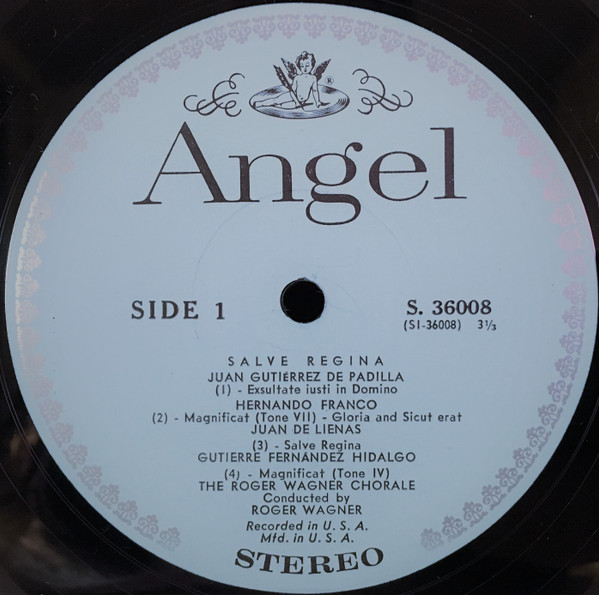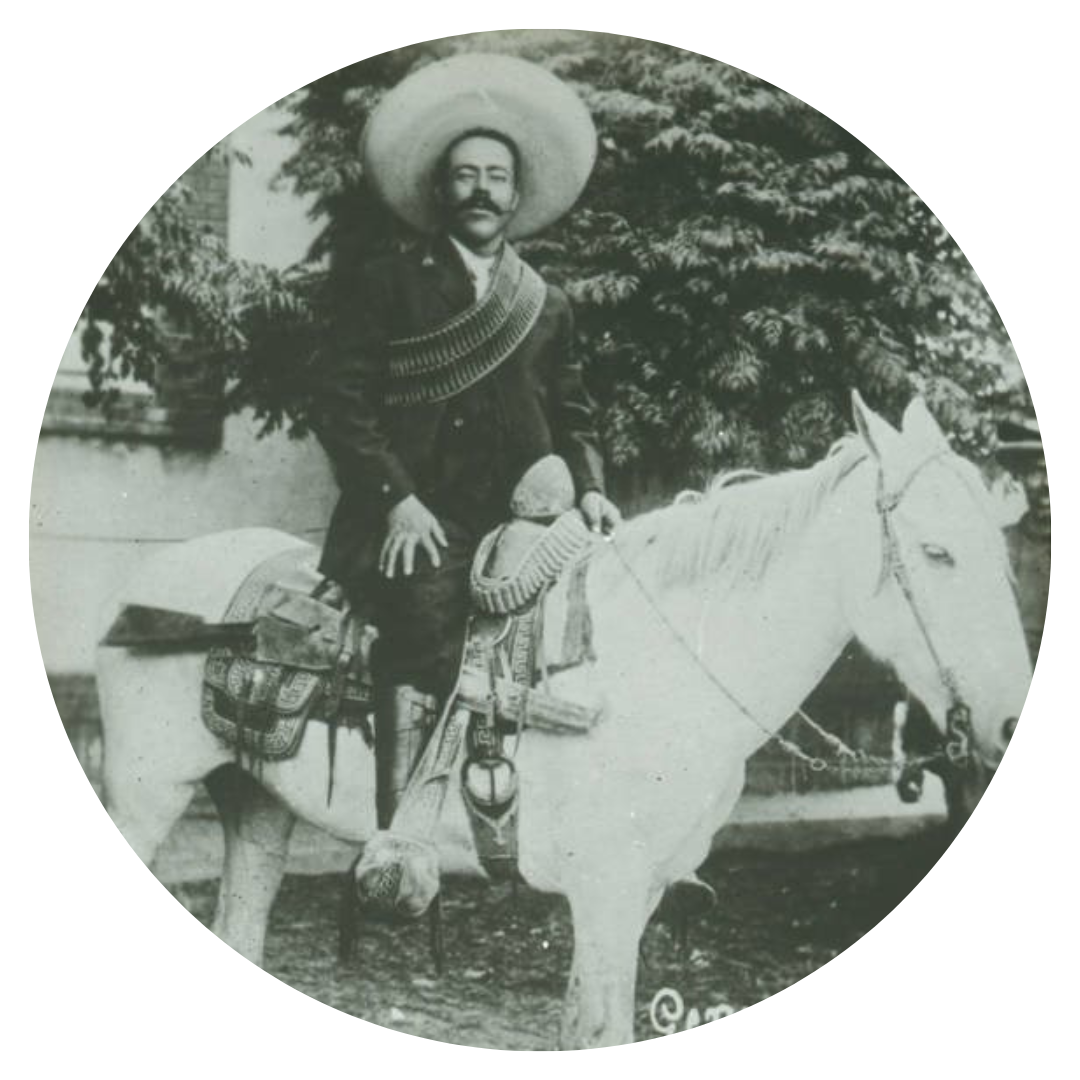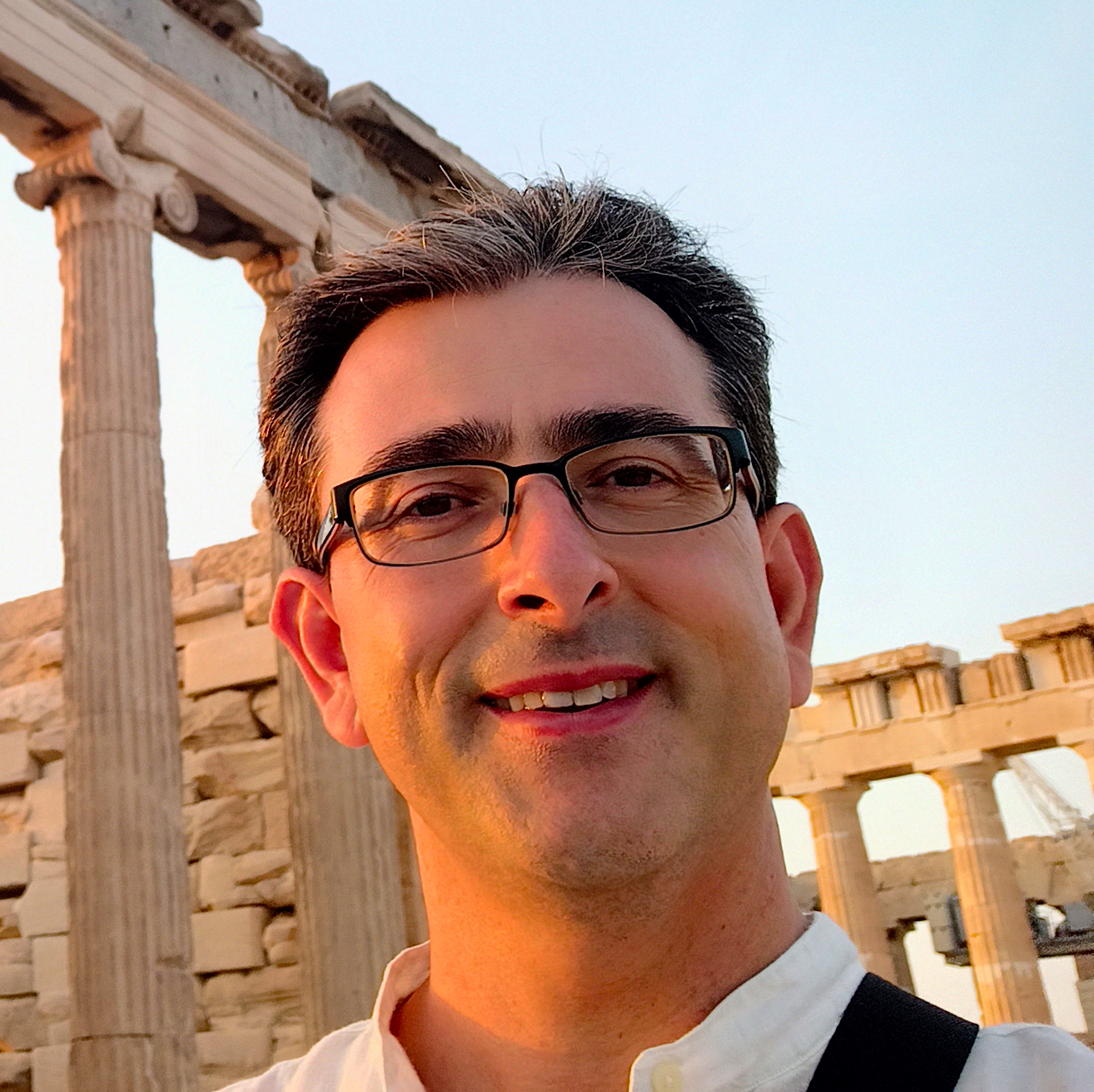November, 2022
Thursday, November 10, 2022 | 02:00 pm

Maya Language Use Today: A Two-part Panel on Contemporary Research on the Maya Language
Dr. Barbara Blaha D. Pfeiler; Dr. Jaime I. Chi Pech
Tuesday, November 15, 2022 | 12:00 pm

Lo que logra "El Feliz Ingenio Neomexicano": Felipe M. Chacón and Poesía y prosa
Anna M. Nogar and Gabriel Meléndez
El feliz ingenio neomexicano (UNM Press 2021) is a bilingual recovery edition of Obras de Felipe Maximiliano Chacón, el Cantor Neomexicano: Poesía y prosa, the first collection of poetry published by a Mexican American author. Journalist and author Felipe M. Chacón, part of a distinguished and active family of nuevomexicano authors, published the book in Albuquerque in 1924, on the presses of the bilingual newspaper La bandera americana. El feliz ingenio neomexicano (that “inspired New Mexican wit”) reestablishes Chacón’s work and his reputation by making the text widely available to readers for the first time in nearly a century. In this talk, Dr. Anna M. Nogar and Dr. A Gabriel Meléndez discuss the enduring legacy of Felipe M. Chacón's deeply bilingual writing, created and shared during New Mexico's fraught 19th and early 20th centuries.
Anna M. Nogar is Professor in the University of New Mexico’s Department of Spanish and Portuguese. She is the author, editor, and coeditor of several books, including Quill and Cross in the Borderlands: Sor María de Ágreda and the Lady in Blue, 1628 to the Present; A History of Mexican Literature; and Sisters in Blue: Sor María de Ágreda Comes to New Mexico / Hermanas de Azul: Sor María de Ágreda viene a Nuevo México (UNM Press).
A. Gabriel Meléndez is a Distinguished University Professor and the former director of the Center for Regional Studies at the University of New Mexico. Meléndez is the author, editor, and coeditor of numerous books, including The Book of Archives and Other Stories from the Mora Valley, New Mexico; Santa Fe Nativa: A Collection of Nuevomexicano Writing (UNM Press); and The Writings of Eusebio Chacón (UNM Press).
Tuesday, November 15, 2022 | 02:00 pm

Latin American Colonial Music in Performance: A Critical Overview Through Sound Recordings
Dr. Javier Marín López , University of Jaén, Spain
In this session, Dr. Marín-López examines the discographic reception of Latin American colonial music by analyzing samples from different genres, mostly of sacred music, with diverse vocal and instrumental configurations. His talk considers the role recordings have had in the creation of communities and imagined identities by modern audiences.
Tuesday, November 15, 2022 | 03:00 pm

Boren Awards and Foreign Language and Area Studies (FLAS) Fellowships Info-Session
Boren Awards
-Boren Awards provide funds up to $25,000 to undergraduate students and up to $30,000 to
graduate students who study languages considered essential for U.S. national security by
the federal government, including Arabic, Hindi, Mandarin, Portuguese, Russian, and
Swahili.
-Fellows must commit to working in the U.S. federal government for at least one year.
Preferred candidates are those who have an interest in working in the federal
government long-term. Graduate applications are due January 25, 2023. Undergraduate
applications are due February 1, 2023.
Foreign Language and Area Studies (FLAS) Fellowships
-Summer and Academic Year (AY) FLAS Fellowships are awarded to undergraduate and
graduate students to study less-commonly taught languages, including Nahuatl,
Quechua, Portuguese, and Yucatec Maya, in combination with area-studies,
international studies or international aspects of professional studies. Funds are
provided by the Latin American and Iberian Institute (LAII) through a generous Title VI
grant from the U.S. Department of Education.
-The Summer FLAS Fellowship provides up to $5,000 in tuition and fees and a $2,500
stipend to both undergraduate and graduate students for intensive language training in
the U.S. or abroad. The AY FLAS Fellowship provides up to $18,000 in tuition and fees
and a $20,000 stipend to graduate students and up to $10,000 in tuition and fees and a
$5,000 stipend to undergraduate students to study at UNM or in a UNM-approved study
abroad program.
-Applications for both Summer 2023 and 2023-2024 AY FLAS competitions are due
February 22, 2023.
Wednesday, November 16, 2022 | 03:00 pm

Death on the Other Side: The Mexican Revolution through the Lens of US Postcards Companies
Juan Leal Ugalde
The Mexican Revolution triggered a massive photographic production in which numerous US-based photo companies depicted gruesome scenes to commercialize them as postcards. Significantly, the intervention of the US Armed Forces during the Invasion of the Port of Veracruz in 1914 and the Punitive Expedition in 1916-17 against revolutionary leader “Pancho” Villa in Northern Mexico marked key events for the postcards’ business. In the following presentation, I will show, in the first place, the link between the deployment of the advanced military apparatus and the development of technological images in a crucial Latin American revolution. And, in the second place, I will problematize the visual memory of mass graves, executions, and unknown human remains through images attributed to the American Walter Horne and other postcards producers, observing these images beyond the racialized perspective that represented the “savage” violence in Mexico.
Thursday, November 17, 2022 | 02:00 pm

Creole Politics and Visual Culture in Baroque Mexico: Francisco López Capillas and a Transatlantic Music Manuscript
Dr. Javier Marín López , University of Jaén, Spain
Copied in Mexico City in the third quarter of the 17th century and sent to Spain at an unknown time, the manuscript Madrid, Biblioteca Nacional, M.2428 occupies a unique position in the universe of polyphony choirbooks produced in the New World. In addition to its status as a clearly ordered anthology with works by a single composer, Mexican-born Francisco López Capillas (1614-74), the most outstanding feature of this book is the quantity, quality, and artistic originality of its initials. The iconographic charge of these initials articulates a political agenda with implications beyond the music itself. Using the notion of cultural artifact and applying a multi-dimensional analysis, in this presentation Dr. Marín-López explores the discourses that emerge when interpreting the book as an act of symbolic communication of Creole agency.
Thursday, November 17, 2022 | 03:00 pm

LAII Field Research Grant Information Session
Please join us for an in-person information session about the LAII Field Research Grant. TheLAII Field Research Grant provides graduate or professional students the opportunity to conduct preliminary research in Latin America for their degree projects, as well as faculty the opportunity to begin fieldwork on new projects or add a comparative dimension to previous research. Restrictions apply.
Applications are due Wednesday, March 22, 2023.
Tuesday, November 29, 2022 | 02:00 pm

El Llano: The Making and Remaking of a Mexican Homeland on the Southwest-Great Plains Borderlands
Joel Zapata
The United States’ Mexican population has come to the forefront of public and academic exchanges amidst
the past two presidential campaigns and ensuing political debates regarding immigration policy and border
security. Yet, these discussions consistently neglect Mexicans’ long-term history in what is now the United
States, along with their enduring social influence throughout the nation. A prime example of this neglected
history is the ethnic Mexican past of the Southern Great Plains, a vast transregional grassland larger than
California that stretches from southeastern Colorado and southwestern Kansas, down across eastern New
Mexico and western Oklahoma to central Texas.
